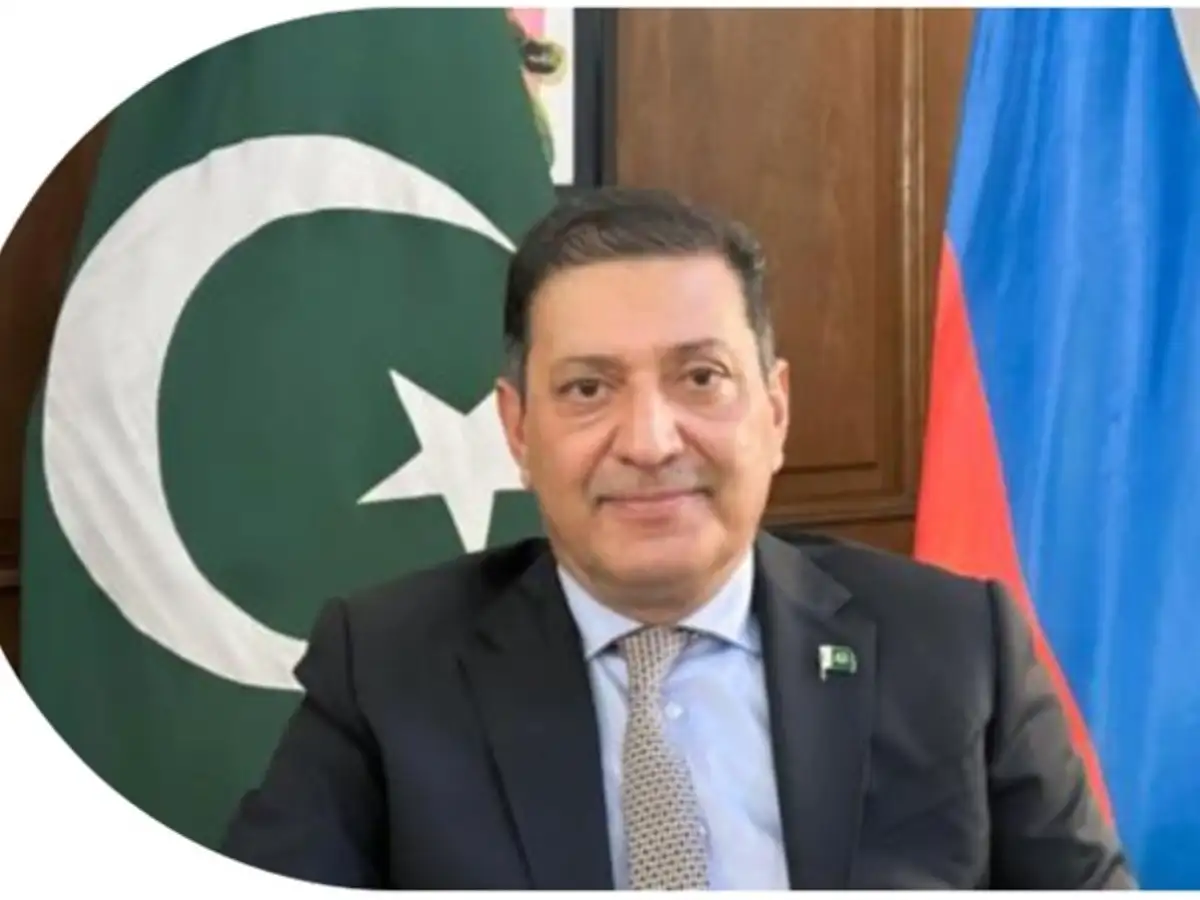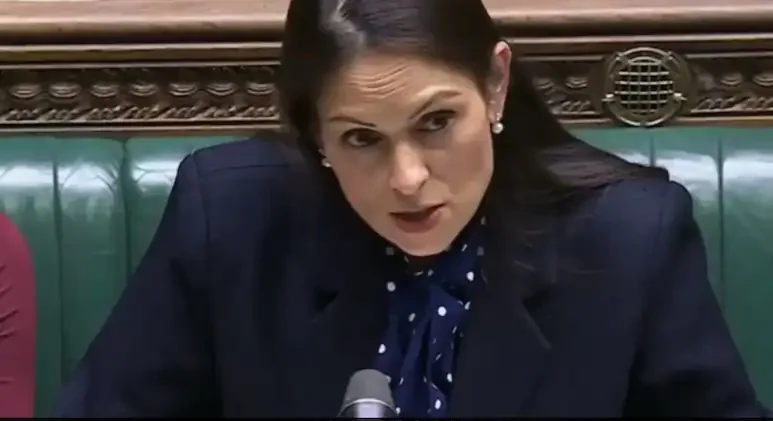Ambassador Jamali warns of ‘full spectrum’ response over military strike fears and Indus treaty fallout
Amid mounting tensions following the deadly terror attack in Jammu and Kashmir’s Pahalgam, Pakistan’s ambassador to Russia, Muhammad Khalid Jamali, has issued a veiled nuclear threat to India. Speaking to Russian state media on Saturday, Jamali warned that Pakistan would respond with the “full spectrum of power, both conventional and nuclear” if India carried out military action or interfered with its water supply, reported timesofindia.indiatimes.com.
“Any act of war will be met with full force,” says Jamali as LOC tensions flare.
The comments come as India grapples with the aftermath of the April 22 Pahalgam terror attack, which killed 26 tourists. Jamali claimed Islamabad had intelligence indicating that India was preparing for strikes. “There are leaked documents suggesting strikes on certain areas of Pakistan… this seems imminent,” he said.
He further warned that India’s recent move to suspend provisions of the Indus Waters Treaty could provoke war. “Any attempt to usurp the water of the lower riparian, or to stop it, or to divert it, would be an act of war against Pakistan,” Jamali declared, adding that the response would involve “the full spectrum of power.”
India dismisses ‘neutral’ probe call as deceptive, signals strong response.
As Pakistani forces continue to violate ceasefire terms across the LoC for over 10 consecutive nights, Indian forces have responded with “prompt and proportionate” retaliation. Meanwhile, Pakistan has called for a “neutral” investigation into the Pahalgam killings—something India has outright rejected.
“They are pursuing their familiar playbook of deception and duplicity,” an Indian official told The Times of India, adding, “The term ‘neutral’ is a euphemism for denial of complicity. They are trying to pull the wool over the world’s eyes.”
In a high-level national security meeting chaired by Prime Minister Narendra Modi, Indian military and security leaders were granted full operational freedom to determine the response. A Cabinet Committee on Security briefing confirmed cross-border linkages in the Pahalgam attack and promised justice for the victims.
International community watches closely as regional stability hangs in balance.
While Jamali called on global powers like Russia and China to mediate and investigate, New Delhi appears set on a firm and autonomous course of action. The escalating rhetoric and cross-border skirmishes have raised alarm about the fragile peace between the two nuclear-armed neighbours.











